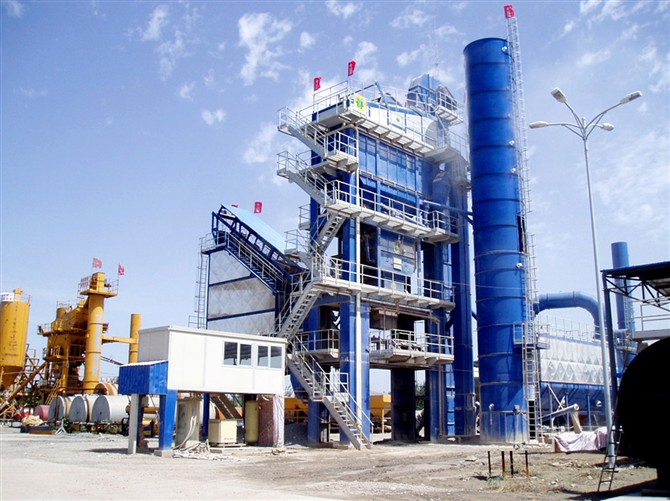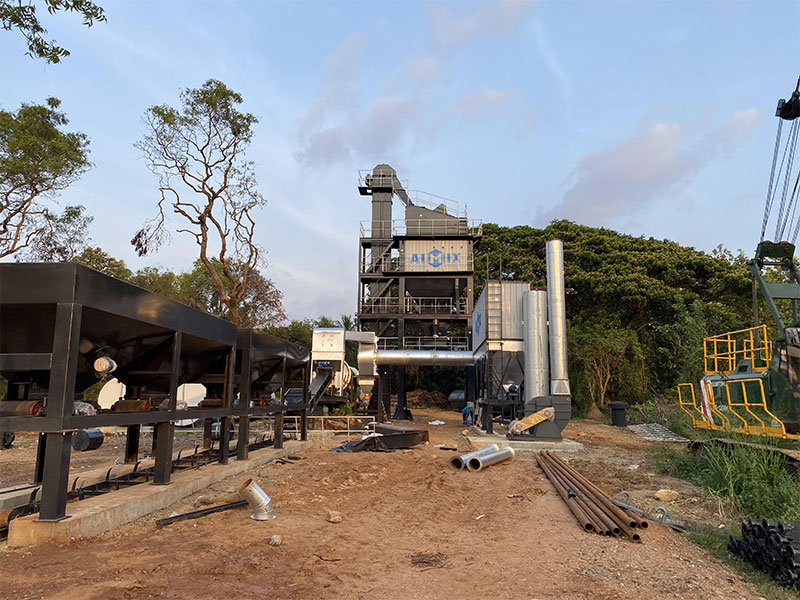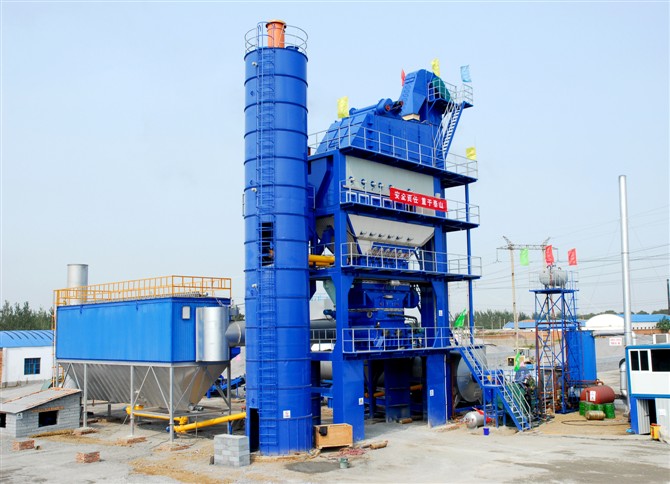Infrastructure development is the backbone of modern society, enabling the growth of cities, and economies, and improving the overall quality of life. At the heart of infrastructure development lies the construction and maintenance of roads, highways, bridges, and other critical transportation networks. Asphalt mixing plants play a pivotal role in this process by providing the essential material for road construction.
The Importance of Infrastructure Development
Before we delve into the applications of amp aspal, it’s crucial to grasp the significance of infrastructure development. Infrastructure encompasses a wide range of facilities and systems, including transportation, utilities, communication, and public services. These infrastructural elements create the framework for a thriving society, and road networks are at the core of it all.

Roads and Highways: Roadways are the arteries of modern society, connecting communities, businesses, and industries. They facilitate the movement of goods, services, and people, fostering economic growth and development.
Bridges and Tunnels: Bridges and tunnels are vital components of transportation infrastructure. They enable the passage over obstacles such as rivers, valleys, and mountains, creating efficient and safe routes for travel and trade.
Public Transportation: Mass transit systems, including buses and railways, are crucial for reducing traffic congestion, minimizing environmental impact, and improving the quality of life in urban areas.
Utilities and Services: Infrastructure includes the supply of clean water, energy, telecommunications, and waste management services, ensuring that communities function effectively and sustainably.
The Role of Asphalt Mixing Plants
Asphalt mixing plants are central to the construction and maintenance of the transportation network, particularly roads and highways. These plants are where the essential material for road surfaces, known as hot mix asphalt (HMA), is produced. The applications of asphalt mixing plants in infrastructure development are vast and encompass various key areas.
1. Road Construction and Maintenance
The primary application of asphalt mixing plants is the production of asphalt for road construction and maintenance. Roads must withstand heavy traffic loads, environmental factors, and the passage of time. The asphalt produced by these plants is engineered to meet stringent requirements, offering excellent load-bearing capacity, durability, and skid resistance.
Asphalt is used to create the top layer of road surfaces, providing a smooth and comfortable driving experience. It also plays a role in preserving the structural integrity of roads, protecting the layers underneath from moisture and wear.
2. Airport Runways and Aprons
Airports are vital to our global interconnectedness, and their infrastructure is critical. Airport runways and aprons require specialized asphalt mixtures to accommodate the weight of aircraft and provide safe landing and takeoff. Asphalt mixing plants with an affordable harga amp aspal produce HMA suitable for the stringent requirements of airport surfaces, ensuring smooth and durable runways.

3. Bridge Decks and Approach Ramps
Bridges are complex structures, and their surfaces require specific attention. Asphalt mixing plants provide high-strength asphalt mixtures for bridge decks and approach ramps. These mixtures must withstand the impact of heavy vehicles and harsh environmental conditions, such as freeze-thaw cycles and exposure to de-icing agents.
4. Racetracks and Sports Facilities
Asphalt mixing plants produce specialized asphalt mixtures for racetracks and sports facilities. These surfaces need to offer a balance of grip and smoothness, allowing for high-speed racing and precision. The asphalt used in these applications is engineered to meet the specific requirements of the sport, ensuring safety and performance.
5. Parking Lots and Industrial Yards
Parking lots, industrial yards, and public spaces benefit from the use of asphalt to create durable and smooth surfaces. Asphalt mixing plant portable provides custom solutions for these applications, taking into account factors such as load-bearing capacity, aesthetics, and environmental considerations.
6. Noise Barriers and Paving Innovations
Innovations in asphalt technology have introduced noise-reducing and environmentally friendly features. Noise barriers and porous asphalt surfaces are used to mitigate noise pollution and improve stormwater management in urban areas.
Sustainability in Infrastructure Development
Sustainability is a growing concern in infrastructure development. Asphalt mixing plants have adapted to address this issue by incorporating eco-friendly practices and technologies. Some of these measures include:
Recycling: Reclaimed asphalt pavement (RAP) is the process of reusing old asphalt material in new asphalt mixtures. This not only reduces waste but also conserves resources and energy.
Warm Mix Asphalt: Warm mix asphalt technologies allow for the production of asphalt at lower temperatures, reducing energy consumption and emissions.
Porous Asphalt: Porous asphalt is designed to allow water to drain through the surface, reducing runoff and the risk of surface water-related damage.
Conclusion
Asphalt mixing plants are the unsung heroes of infrastructure development, providing the essential materials for the construction and maintenance of roads, runways, bridges, and more. Their role is critical in shaping the physical landscape of our society, connecting communities, fostering economic growth, and improving our quality of life.
With a commitment to sustainability, asphalt mixing plants are evolving to create eco-friendly solutions and meet the changing priorities of our world. These plants will continue to be a cornerstone for the development of our infrastructure, ensuring that the roads, runways, and surfaces of tomorrow are not only strong and durable but also environmentally responsible.

